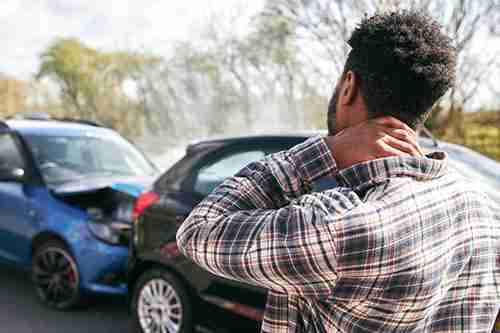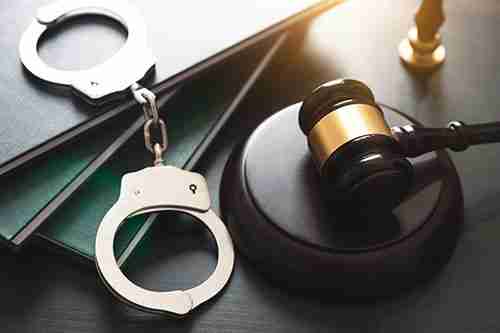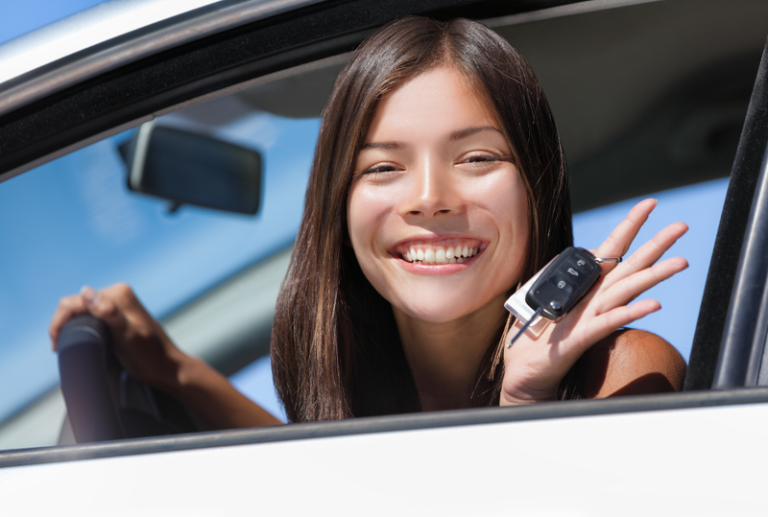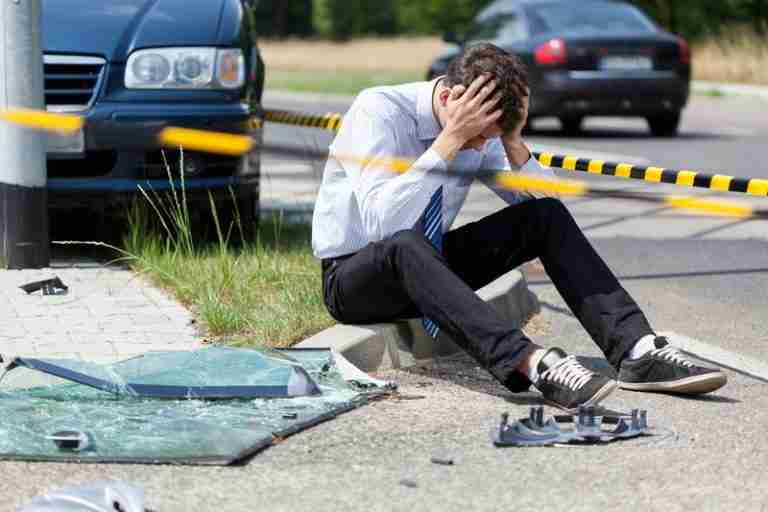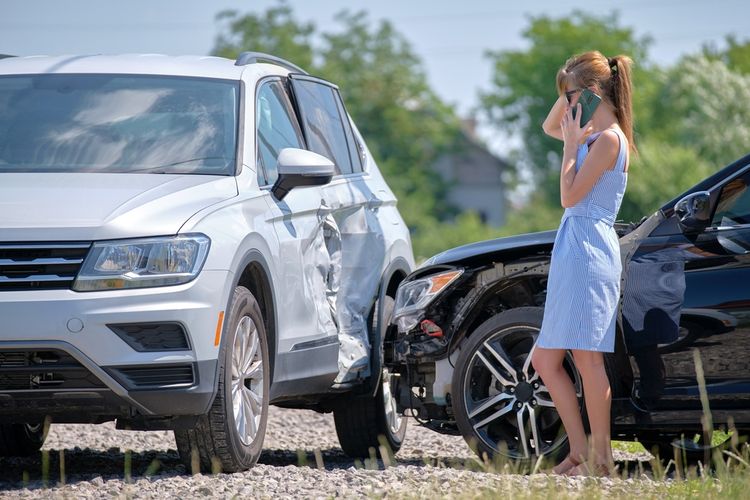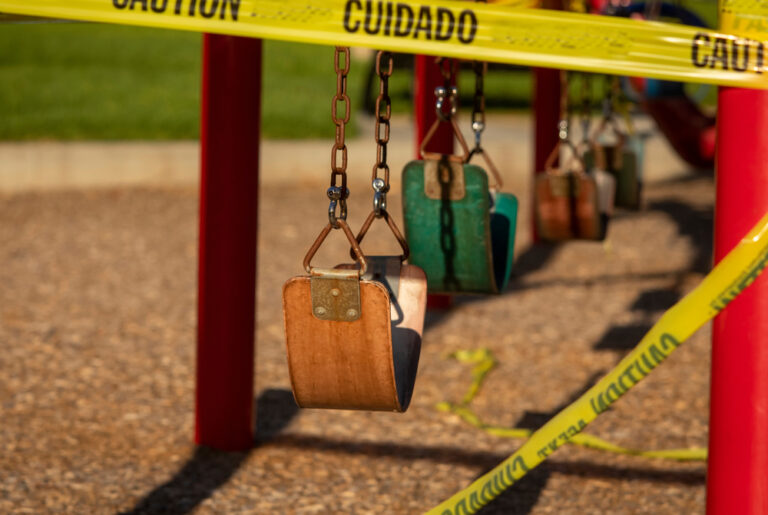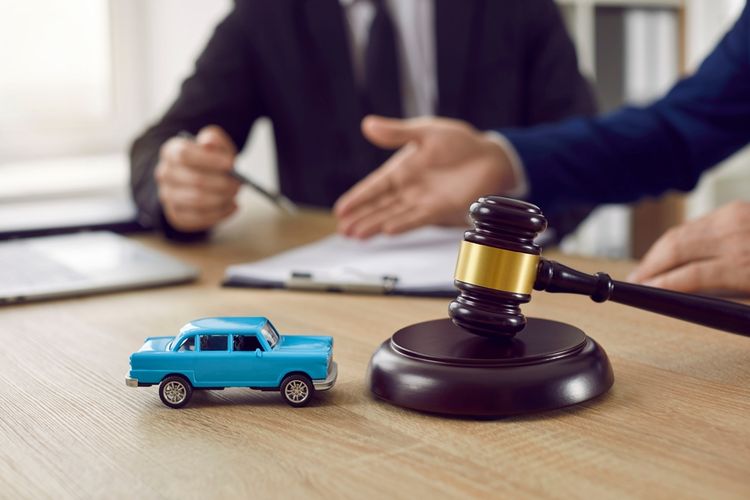In the age of social media, it has become second nature for many of us to share significant life events online. However, if you’ve recently been involved in a car accident, it’s essential to think twice before hitting that “post” button. What you say and share on social media can significantly impact your personal injury claim and legal case. In this blog, the auto accident lawyers in Decatur at SHElaw firm® will explore the dos and don’ts of using social media after a car accident, so you can protect your interests and avoid harming your case.
The Power and Peril of Social Media
Social media platforms offer a convenient way to stay connected with friends and family and share experiences. However, after a car accident, anything you post or say on these platforms can be used against you by insurance companies and defense attorneys. It’s crucial to strike a balance between maintaining communication and safeguarding your case.
How Insurance Companies Can Use Social Media to Deny Your Claim
In today’s digital age, social media has become a treasure trove of information for insurance companies and defense attorneys seeking to minimize liability and payouts in auto accident claims. What may seem like innocent or ordinary posts on your social media accounts can be scrutinized and used against you during the claims process. Here’s how insurance companies leverage social media to challenge your case:
Assessing Credibility
Insurance companies often scour social media profiles to assess the credibility of claimants. They look for any inconsistencies between your social media activity and the information you’ve provided in your claim. For example, if you claim to have suffered severe injuries, but your social media posts show you engaging in physically demanding activities after the accident, it could be used to question the extent of your injuries and undermine your claim.
Downplaying Injuries
Photos or posts showing you enjoying events, outings, or activities that could be seen as contradicting the injuries you’ve claimed might be used to downplay the severity of your injuries. Insurance adjusters may argue that if you were well enough to participate in such activities, your injuries cannot be as severe as you’re claiming.
Establishing Fault
Social media posts that provide information about the accident or your behavior leading up to it might be utilized to establish fault. Even innocent posts, like mentioning being in a hurry or distracted, could be misconstrued as evidence of negligence.
Surveillance Justification
Insurance companies may use your social media activity as a basis for conducting surveillance on you. If they see posts suggesting you’re physically active or traveling extensively despite claiming significant injuries, they might justify conducting further investigations to gather evidence against your claim.
Monitor Communication
Insurance companies might monitor your online communication with friends, family, or witnesses involved in the accident. They may look for any discrepancies in your accounts of the incident or discussions about your injuries that they can use to challenge your claim’s legitimacy.
Discrediting Emotional Distress Claims
Social media can be an outlet for expressing emotions, including stress, anxiety, or depression. While it’s entirely natural to share your feelings, insurance companies may use such posts to challenge emotional distress claims, questioning the authenticity and impact of the claimed emotional suffering.
Prior Medical History
Posts related to your prior medical history or pre-existing conditions might be used to argue that your injuries were not solely caused by the accident, thus reducing their liability.
Monitoring Settlement Discussions
Insurance companies might monitor your online activity during settlement negotiations. If they see posts suggesting financial strain or desperation, they may use this information to offer a lower settlement amount.
Implicating Others
If you post about the accident or your injuries, you might inadvertently implicate other parties involved, giving insurance companies additional ammunition to shift blame or responsibility.
The Don’ts of Social Media After a Car Accident
- Don’t Discuss the Accident Publicly: Avoid posting any details or opinions about the accident on social media. Anything you say can be misinterpreted or used to challenge your version of events.
- Don’t Admit Fault: Refrain from making any statements that could be construed as admitting fault for the accident, even if you think you were partially responsible.
- Don’t Share Medical Updates: Posting updates about your injuries or medical condition might jeopardize your claim. Insurance companies could use this information to downplay the severity of your injuries.
- Don’t Delete Pre-Accident Posts: Deleting or altering posts from before the accident may appear suspicious and could be seen as an attempt to hide evidence.
- Don’t Post About Activities: Avoid sharing pictures or posts about physical activities, especially if they contradict the injuries you’ve claimed.
- Don’t Accept New Friend Requests: After an accident, you might receive friend requests from unknown individuals who could be insurance investigators. Avoid accepting these requests to protect your privacy.
- Don’t Discuss Legal Matters: Avoid talking about your legal strategy, negotiations, or any communication with the opposing party on social media.
The Dos of Social Media After a Car Accident
- Do Adjust Your Privacy Settings: Take control of your privacy by limiting the accessibility of your posts and personal information to friends and family only.
- Do Consult with an Attorney: Seek legal counsel as soon as possible. Your injury attorney can advise you on how to navigate social media during your case.
- Do Document the Accident Scene: If you’re well enough, document the accident scene, vehicle damage, and visible injuries through photographs. These may serve as valuable evidence later.
- Do Communicate Privately: Reach out to close friends and family through private messages to let them know about your well-being without divulging too much information.
- Do Preserve Relevant Posts: If you come across social media posts related to the accident made by others involved, preserve them by taking screenshots or recording URLs.
- Do Report Harassment: If you experience online harassment related to the accident, report it to the platform administrators and document the evidence.
Contact SHElaw firm if You Are Dealing with an Auto Accident Claim in Decatur!
Social media can be a double-edged sword after a car accident. While it allows for communication and support, it also poses significant risks to your personal injury claim. The key is to exercise caution, refrain from discussing the accident publicly, and seek legal guidance. By following the dos and don’ts outlined in this blog, you can protect your interests, avoid harming your case, and use social media responsibly during the legal process.
Remember, once something is posted online, it can be challenging to completely erase it. Be mindful of what you share and consider how it could impact your claim. Consult with the knowledgeable injury attorneys at SHElaw firm® who can provide personalized advice to ensure you make informed decisions throughout your case. Social media can be a valuable tool when used wisely, so use it to your advantage while protecting your rights. Stay safe and make the best choices for your well-being and legal interests.
